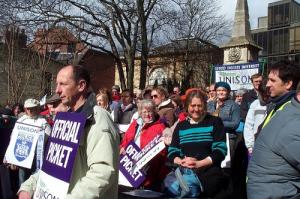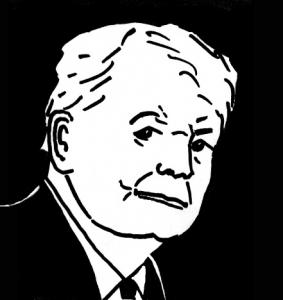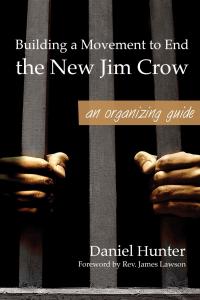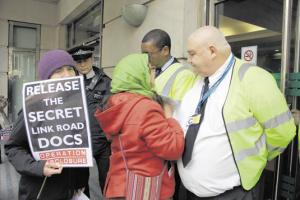Gabriel's Peace News piece, “Why I'm sceptical about the Extinction Rebellion initiative (and why I hope I'm wrong)”, contained some really interesting and valuable insights for structuring political campaigns, but I think it missed the point entirely about what the Extinction Rebellionrepresents.
This isn't a…









